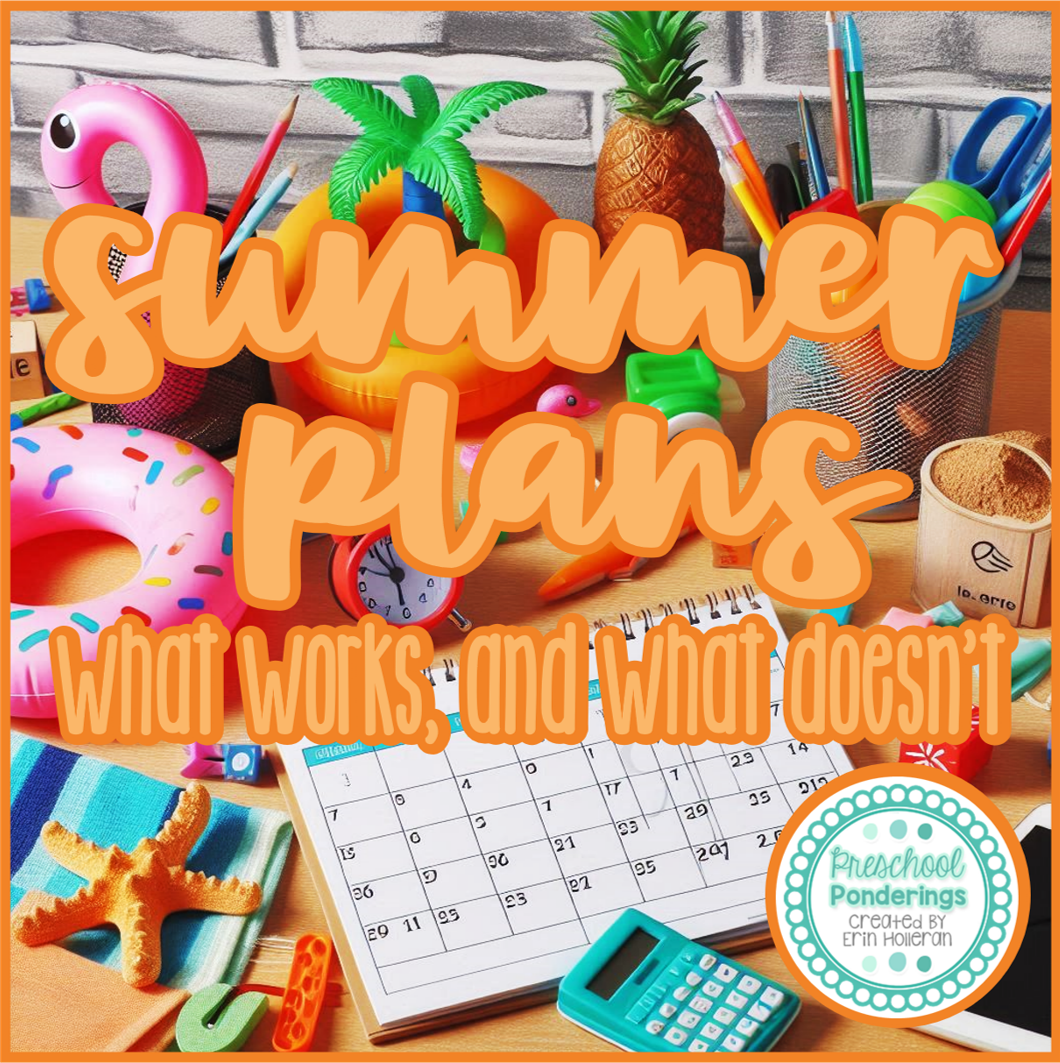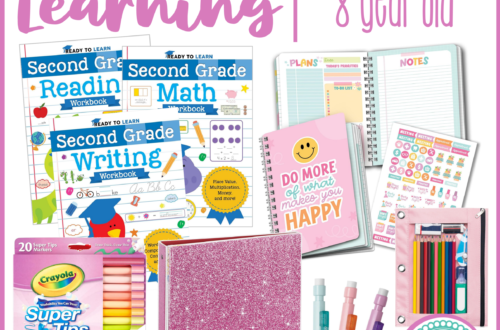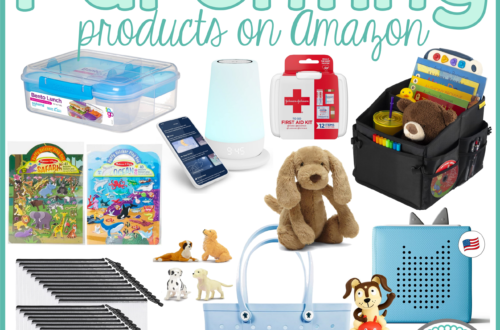
Summer Planning; What Works and What Doesn’t

Over the last couple of years I’ve learned so much about planning and structuring our summer days at home (see the post that I shared on Monday for a round up of ideas and inspiration)! From planning our days down to the hour to throwing out the plans and winging it, I’ve tried it all. Here are some things that have worked really well for us (DO’s), followed by some things that haven’t been so helpful (DONT’s).
DO
- Plan for your family and children – take age, temperament, and needs into account
- Be realistic – plan what is helpful and feels supportive without being TOO much
- Consider structure – some kids and families need a lot, others prefer none at all. Do what works best for you
- Create a routine and stick to it (for the most part) – Having a daily routine really helps with the “Is it lunch time yet?” kinds of questions. Set kids up for success by helping them know what is coming next. At the same time, know when to be flexible – summer is about the spontaneous fun, and those are always the magical, memorable moments.
- Keep up with academics – It’s really important to me to avoid the summer slide. I try to make sure that reading and some kind of academics are happening almost every day. Sometimes this is a fun science experiment, and other times it’s journal writing or math games.
- Take advantage of camps and local kids activities – Summer creates a lot of togetherness, and my daughter absolutely needs time with other kids for her sanity, and for mine. We take advantage of parks and recreation camps, library events, and trading play dates with other families to make sure that we’re both getting time away from each other.
- Plan special things to look forward to – Knowing that we get to do fun summer things makes the time fly. We usually have camping trips, trips to a friend’s lake house, and a day at an amusement park, water park, science center, etc. planned to really make summer memorable.
DON’T
- Plan every minute of every day – Summer should be about down time, and planning too much create unnecessary stress.
- Forget logistics – schedule things that allow for driving time, meals and snacks, etc. Forgetting to include these creates more problems than they’re worth.
- Spend all of your time at home or all of your time away from home – we all need the balance of being home and being out and about.
- Repeat the exact same things every week – Some things don’t need to be done weekly. We found that going to the library every week was too much, but we loved having a picnic at a different playground every week.
The most important thing that I’ve found is to know your kids and plan for what they need. My summer planning has changed every year because my daughter has grown and changed every year. As a kindergartener she needed me to plan more for her and really keep the structure in her day, this year as a second grader she’ll be much more able to entertain herself for some time, and we’ll be doing a lot more reading. To see what I have planned for her this summer, make sure to check in on Friday!




